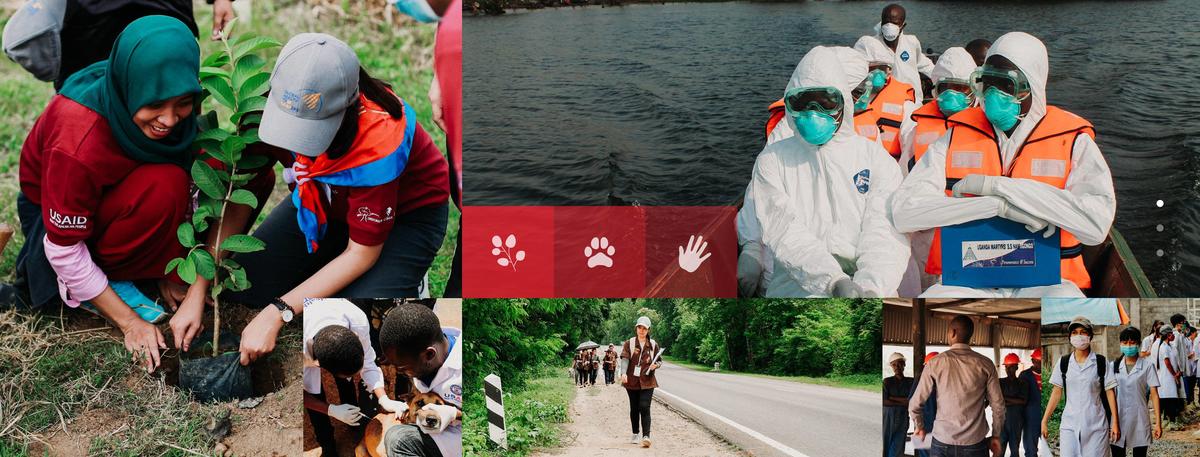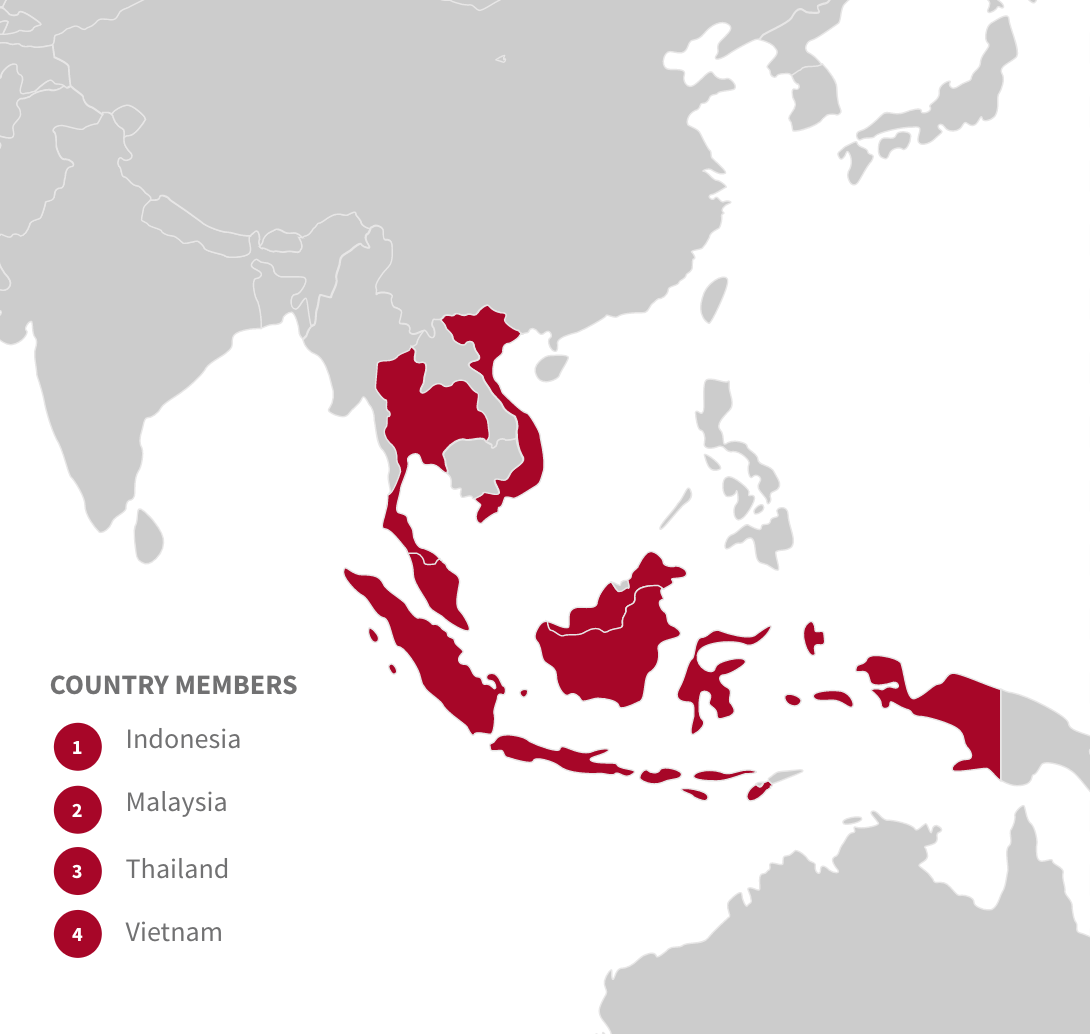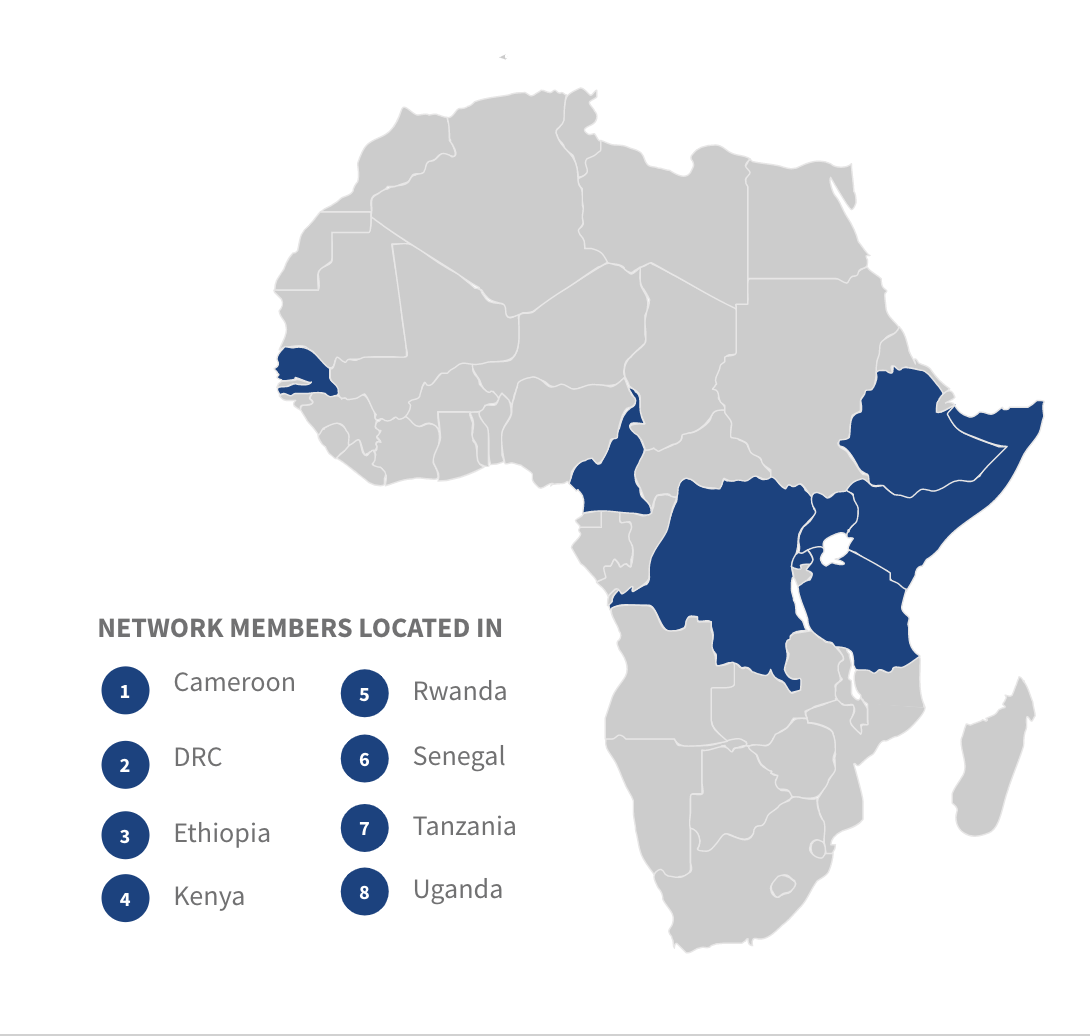
Applying a One Health approach to build a pandemic-ready global workforce
One Health is a concept and approach that helps us understand and address health challenges arising from the fact that people, animals, and our environment are inextricably linked and that a threat to one poses a threat to all. Emerging infectious diseases are among the most pressing of such challenges. Increasing antimicrobial resistance, recent Ebola outbreaks in Africa, the debilitating spread of African Swine Fever across Asia, and a new Coronovirus threat from China remind us of the importance and imperative of working across disciplines, sectors, and borders to ensure a world safe and secure from infectious disease threats.
A global One Health workforce requires individuals with technical competencies to work effectively within their own sector as well as the ability to work across sectors, disciplines, and borders to successfully manage complex health issues and disease outbreaks.
From 2014-2019, the USAID One Health Workforce (OHW) project led by the University of Minnesota supported regional and national One Health university networks in Africa and Southeast Asia to create a global One Health workforce prepared to prevent, detect, and respond to the threat of infectious diseases and other complex health challenges around the world.
Strategy overview
OHW supported the development of a global One Health workforce capable of working across sectors, disciplines, and borders to prevent, detect, and respond to infectious disease threats and other complex health challenges. We achieved this by supporting the development of regional and national One Health University Networks (OHUNs) that bring together universities, governments, and communities to identify and address One Health challenges, gaps, and needs. The OHW project focused on 3 key strategies: multi-sectoral engagement, education and training, and institutional strengthening.
One Health across the world
Teams at the University of Minnesota and Tufts University provided support for two regional One Health University Networks (OHUNs), the One Health Central and Eastern Africa (OHCEA) network and the Southeast Asia One Health University Network (SEAOHUN). OHW was able to leverage these established university networks to create a sustainable transformation in the regions’ health workforces.
SEAOHUN country members

OHCEA network members

Find out more on the One Health Workforce Medium page, Facebook page, or Twitter page.